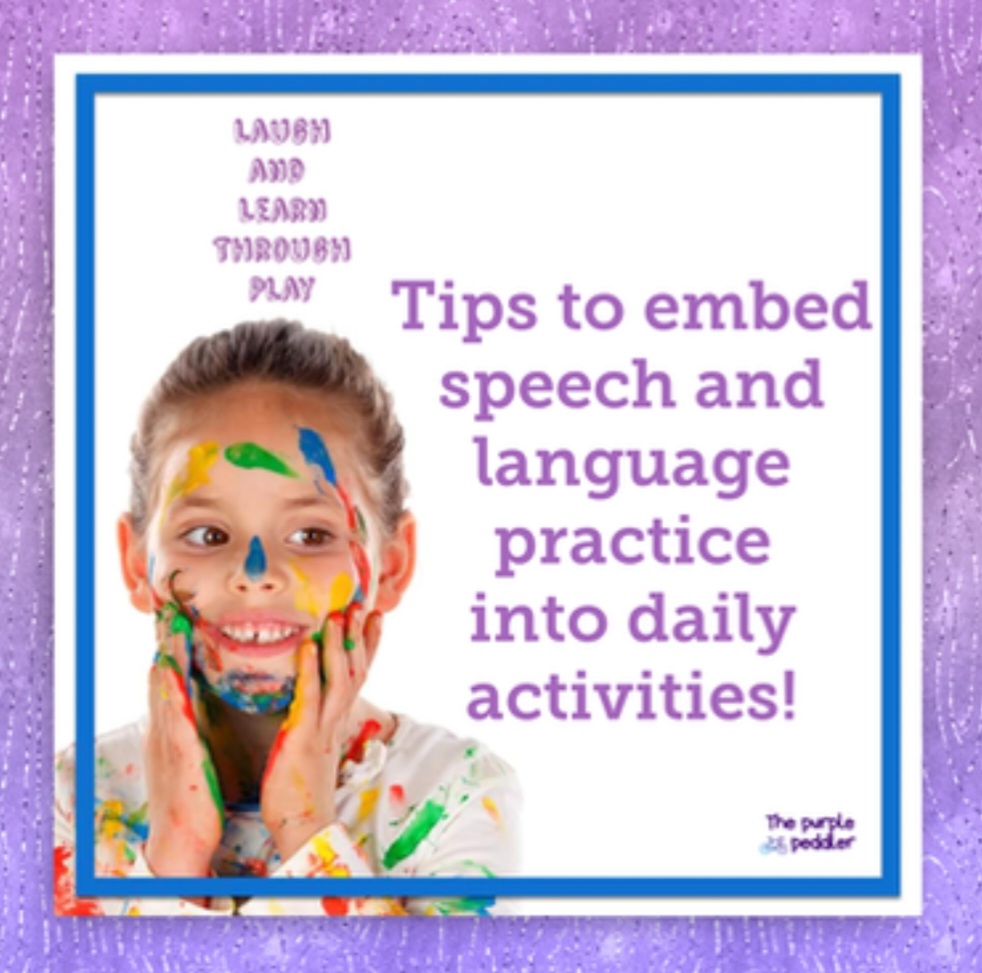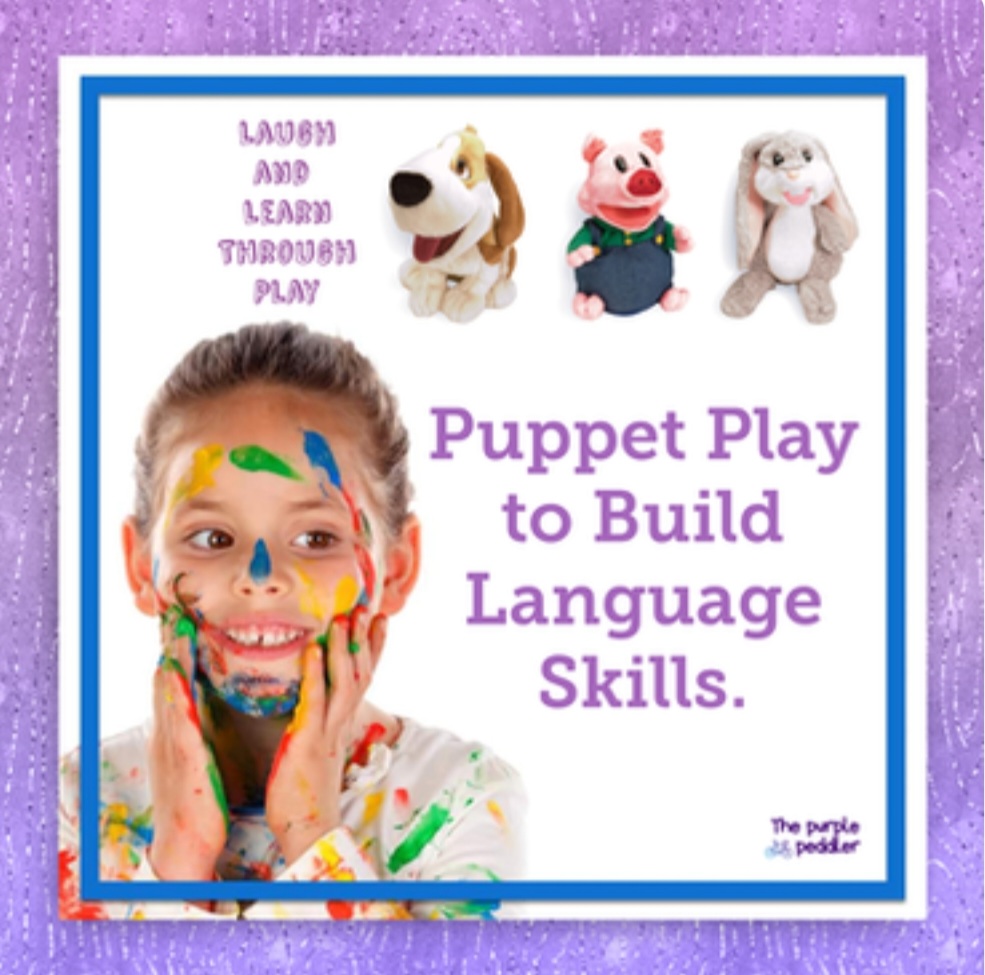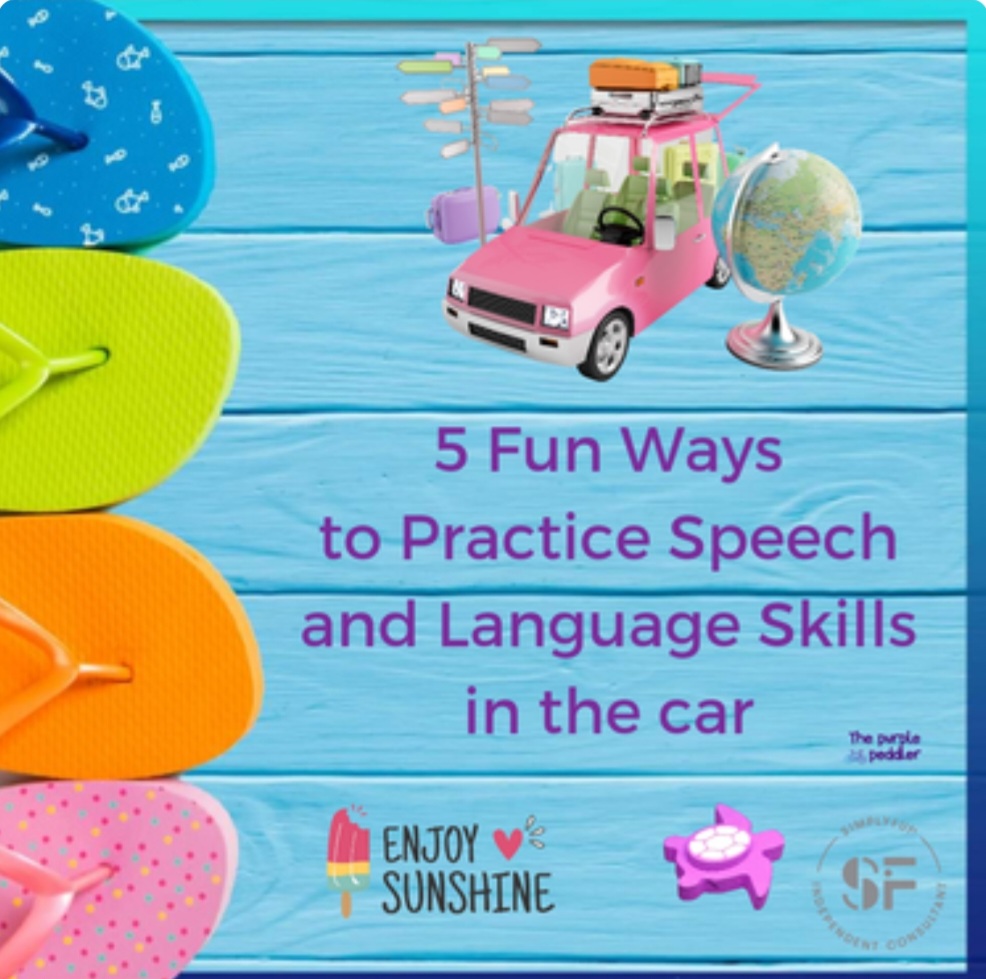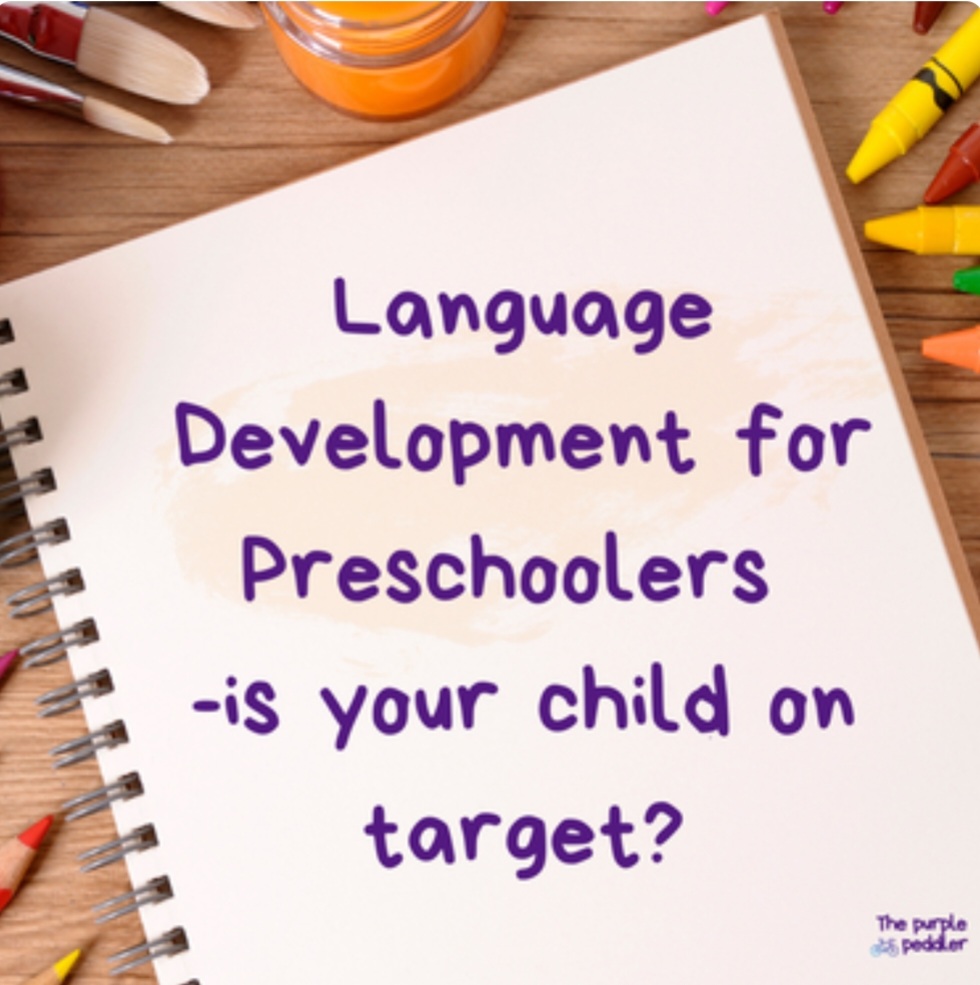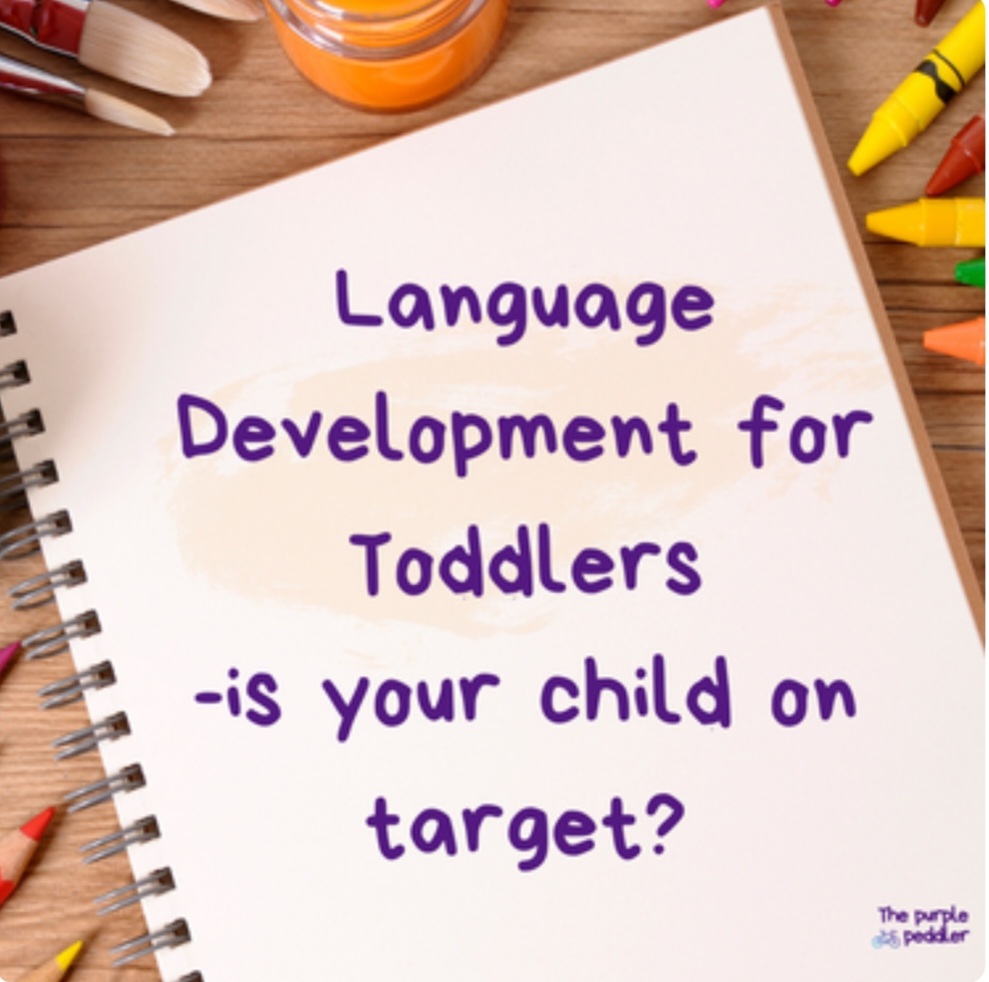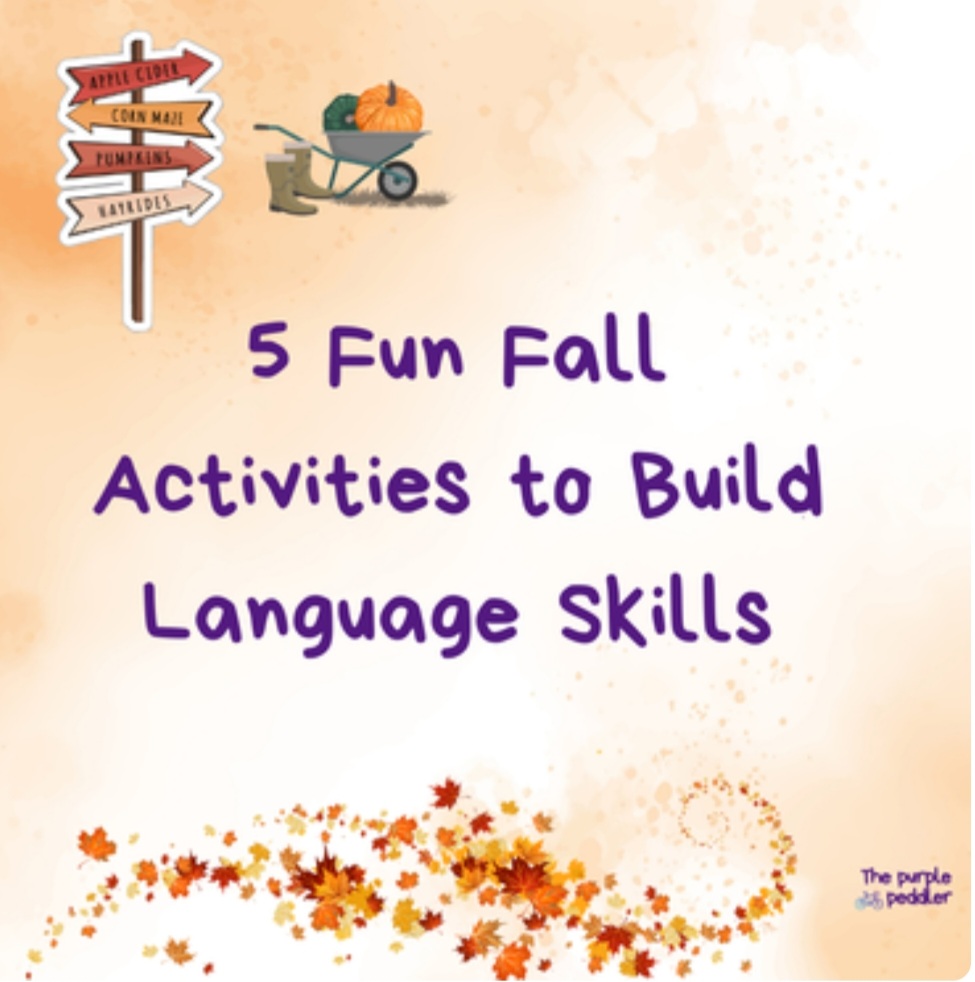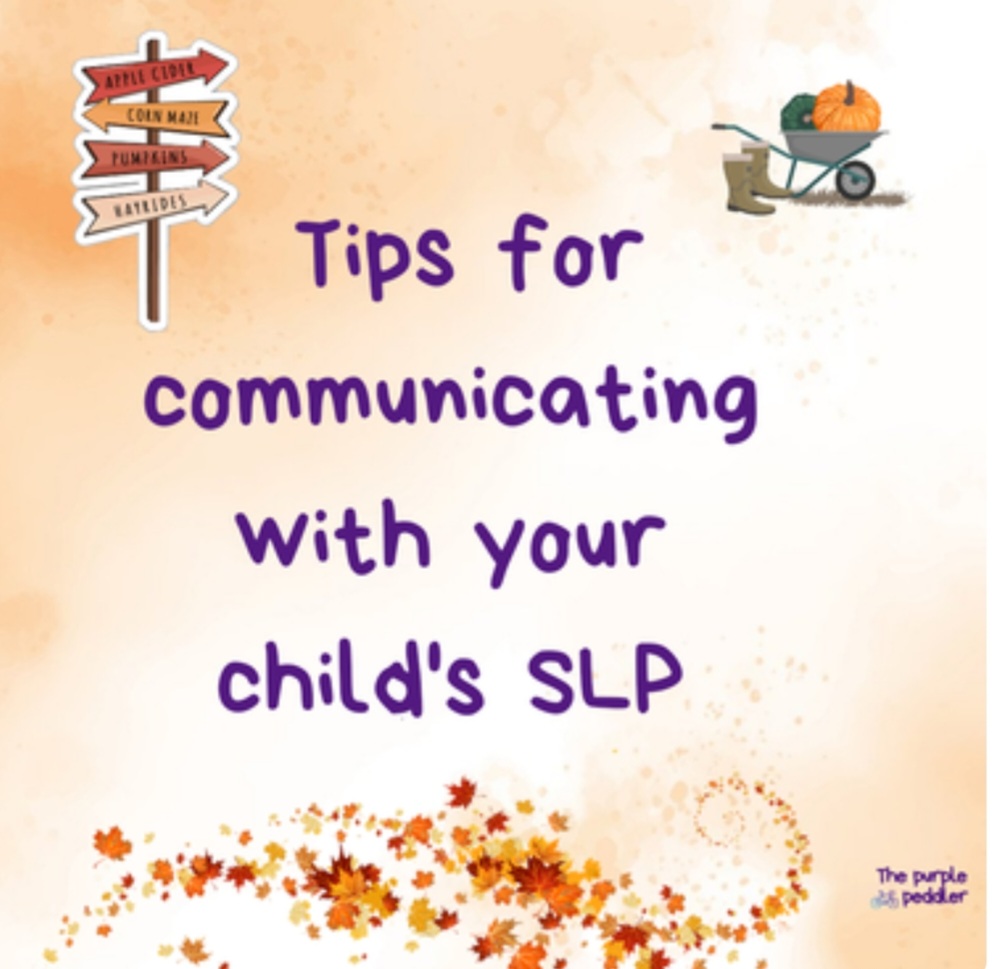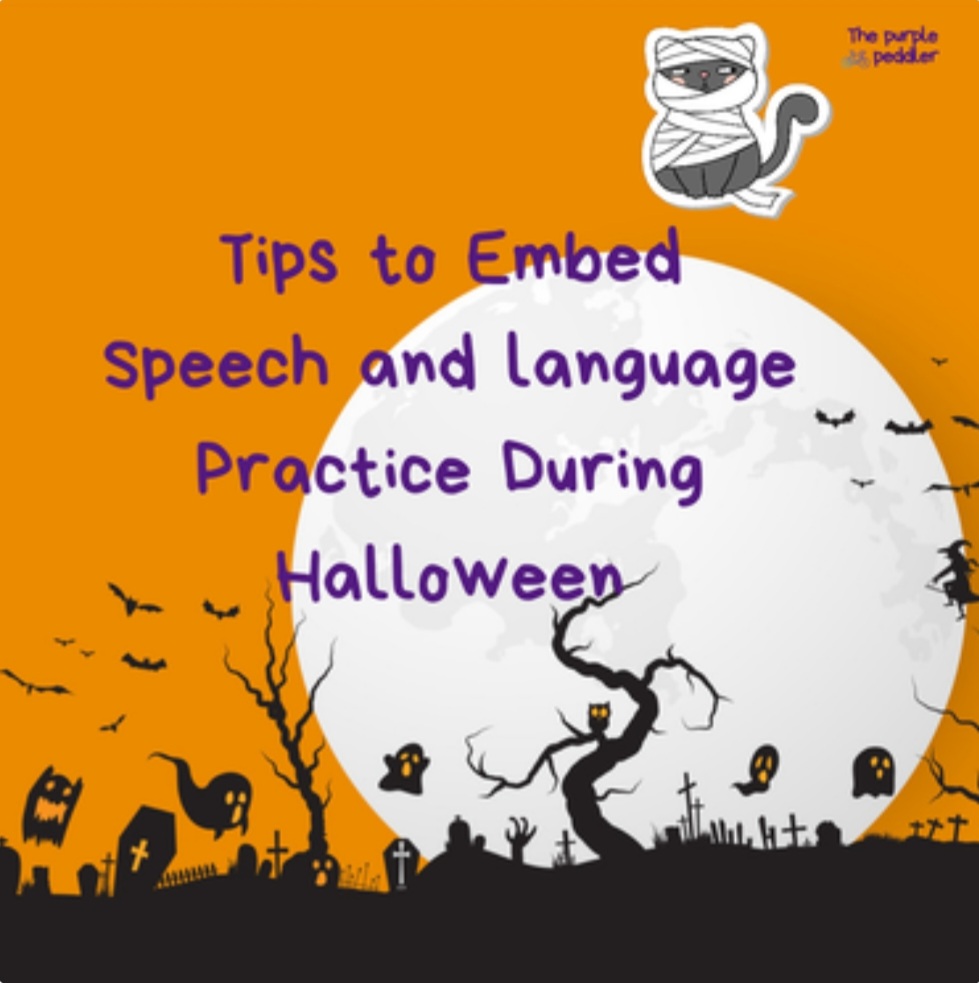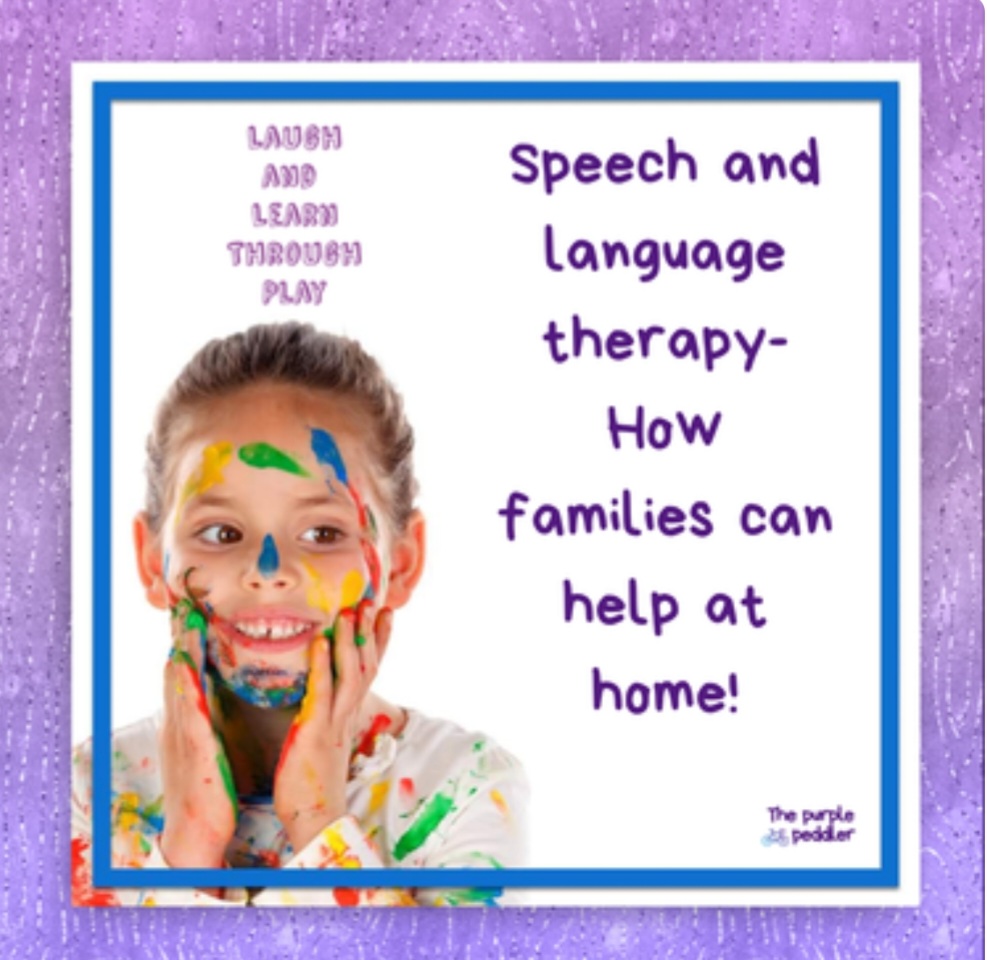Do you have a child with speech and language delays? Are you looking for fun, easy ways to practice? Did you know embedding practice throughout the day is the best way to work on carry over? Interested in learning more? Check out these 5 Tips on when and how you can practice speech and language.
1. Meal Time: During meal times, talk about everyone’s day or something special that will be happening. Ask your child about their favorite food and use descriptive words to talk about what they are eating. You can also use words that start with the speech sound they are working on.

2. Sing Songs: Songs and Nursery rhymes are awesome ways to build language. You child will be more willing to participate and will learn new words. If your child is just starting to speak you can sing and pause so that they can fill in words.
3. Games: During game play your child can practice turn taking, answer questions, build vocabulary and concepts, improve their ability to follow directions and practice the speech sounds they are working on.

4. Outside play: You can work on your child’s ability to follow directions, build vocabulary, increase understanding of basic concepts and work on speech sounds all while enjoying outside fun.
5. Read Books: This impacts language development so much! Using the same daily book is okay and repetitive books are great! If your child is working a specific speech sound find words in books so they can practice their sounds.

Never heard of SimplyFun? Checkout my website to see all that we have to offer! Each game list suggestions to modify for children with special needs
https://www.simplyfun.com/TinaWilliams
Want to connect? I would love to help you find more ways to Laugh and Learn Through Play with your family! https://www.facebook.com/TinaWilliamsSimplyFunIndependentConsultant/
Looking for additional ideas on how to embed skills development into everyday activities? Join my email list for my monthly newsletter!
https://forms.aweber.com/form/67/1854092667.htm
Tina Williams, M.A., CCC-SLP
